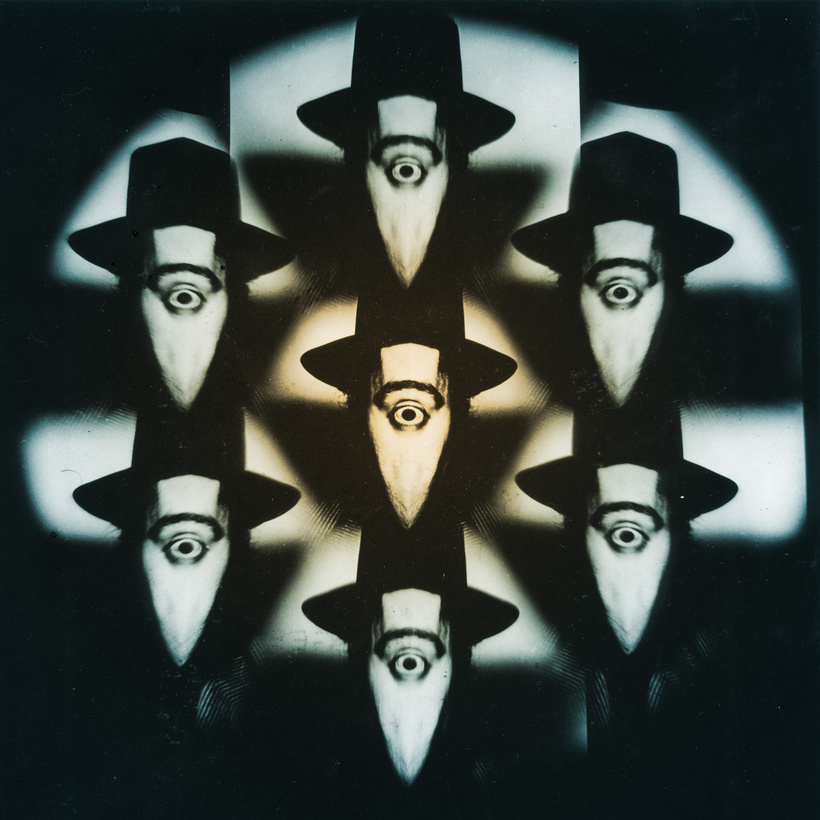I was always certain that if a devastating injury or major illness befell me, I’d clear the calendar, dim the lights, wrap myself in a caftan, and reward friends’ expressions of sympathy with a summons to my bedside. Come one, come all, preferably with gin.
So when, several years ago, my vision suddenly blurred and I was told that I might go blind, I got ready to convalesce like no one had ever convalesced. I figured that I’d guiltlessly miss deadlines—who could possibly blame me? I wagered that I’d subsist on martinis—who would dare to shame me?

